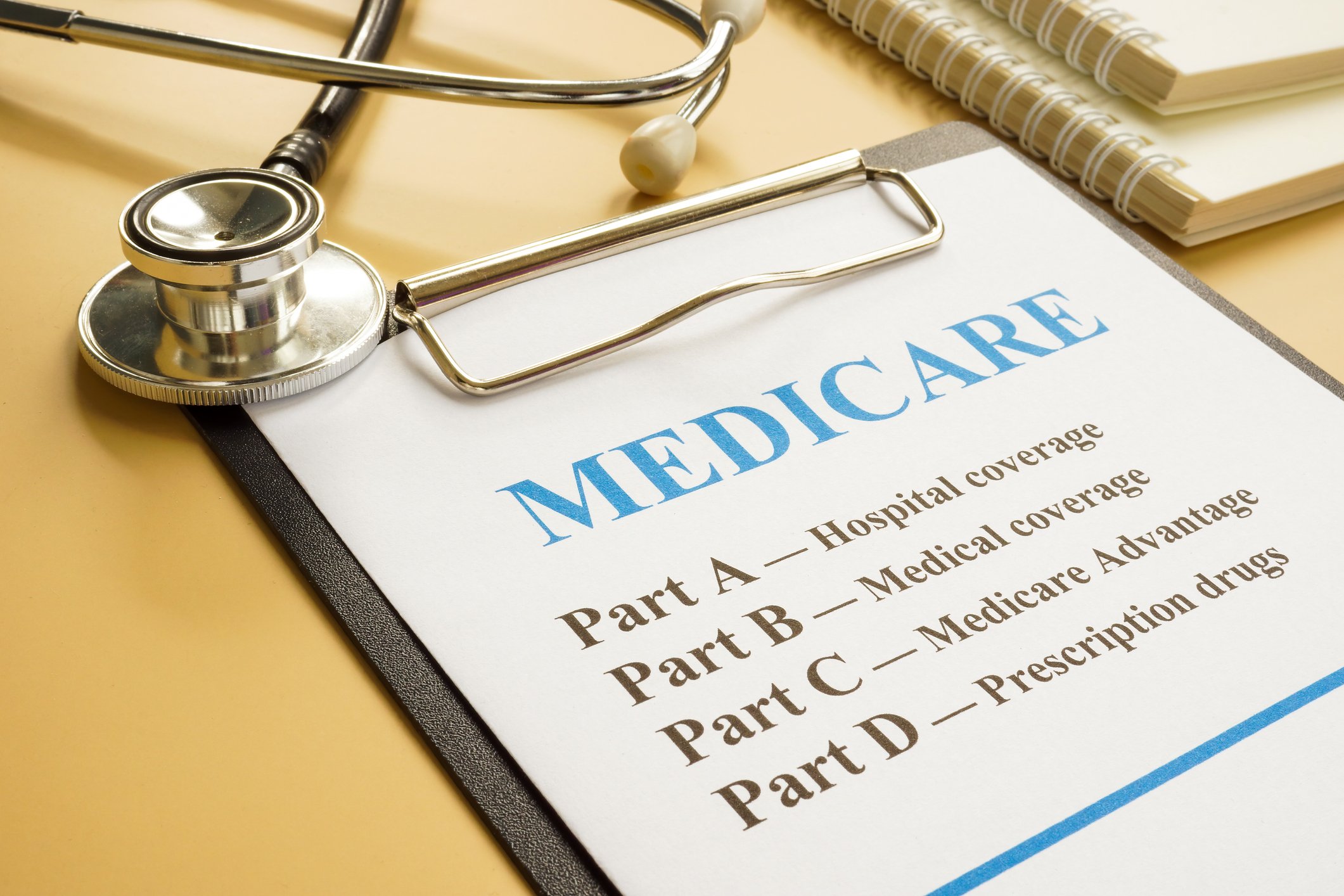Despite seniors' access to Medicare, Fidelity Investments' 245th annual Retiree Health Care Cost Estimate reveals that a 65-year-old retiring in 2025 can expect to spend an average of $172,500 on healthcare throughout their retirement. That's a 4% increase over 2024.
While Medicare does provide coverage, it's not free. Most retirees pay for Medicare Part B, the portion that helps offset the price of doctor visits, outpatient care, preventative services like screenings and shots, and durable medical equipment. Many also purchase supplemental policies that help cover the out-of-pocket costs, including deductibles, copayments, and coinsurance.
None of these expenses consider the potential need for long-term care. For a retiree who doesn't have very deep pockets, including a hefty retirement plan from which to draw, carrying medical debt into old age is a distinct possibility.

Image source: Getty Images.
The effect
No matter how hard they've worked throughout their adult lives, seniors may find themselves facing crippling medical debt. Here's how that debt can affect them.
Mental health
Unexpected medical expenses are especially burdensome for the average Social Security recipient, who gets by on $2,000 monthly. If they have savings or assets, they are frequently forced to liquidate those, leaving them more vulnerable to future events. The stress associated with medical debt can contribute to anxiety and an overall decline in health.
According to the National Council on Aging (NCOA), seniors who carry debt are more likely to develop serious conditions, like depression, hypertension, and even cancer.
Access to care
Seniors may decide not to seek medical care when needed because they fear facing even more medical debt. This avoidance can lead to worsening health and higher long-term costs due to conditions left untreated.
Housing instability
The decision becomes perilous when seniors have to choose between paying medical bills and covering housing costs. If they decide to pay for healthcare, they could face foreclosure or eviction, which can further complicate their long-term well-being.
One reason for an exodus
If you've ever wondered why so many Americans are opting to move abroad, healthcare certainly plays a role. In addition to sunshine and a slower pace of living, U.S. citizens are increasingly drawn to countries with top-tier medical care for a fraction of the cost they would pay in the States. Often, healthcare is part of a public health system, so even if they pay more taxes, they know they won't be faced with crushing medical bills.
What to do if you face medical debt in retirement
According to NCOA, the following steps can help a senior get a handle on medical debt.
Review your bill(s) for errors
If you haven't received one, request an itemized bill from your healthcare provider, including all charges and associated codes. Comb through it, looking for any errors. For example, if you see a duplicate charge or a service you did not receive, note it.
Compare that itemized bill to any explanation of benefits (EOB) sent by your insurance company to ensure that everything your plan should cover is shown as covered on the bill.
Negotiate
If your bill is correct, call your provider to ask if you qualify for a low- or no-interest payment plan. At the same time, let them know that you don't know when or if you can pay the bill in full, and ask them how much they can reduce it.
Investigate financial assistance
Under the Affordable Care Act (ACA), nonprofit hospitals must provide free or discounted healthcare to anyone struggling to pay their medical bills. If you're stuck with an unpaid hospital bill, ask for a copy of their Financial Assistance Policy (FAP) and fill out an application. Even if your bill is in collections, you can still apply for financial assistance.
If the hospital where you received care is a private organization, it may still have FAP, so make sure to ask. FAP isn't the only financial assistance program available, though. There are also state-run programs and medical financial assistance programs sponsored by religious groups, providers, and nonprofit organizations like the Patient Access Network Foundation (PAN).
Contact your healthcare provider or local area agency on aging (AAA) to ask if they can recommend a program that helps with medical bills.
If you're shy or unsure how to ask, enlist a friend or family member to help you make the necessary calls.
When paying for healthcare in retirement becomes a burden, don't allow it to make you sick. Remember, there are options available. The first step is to pick up the phone.





